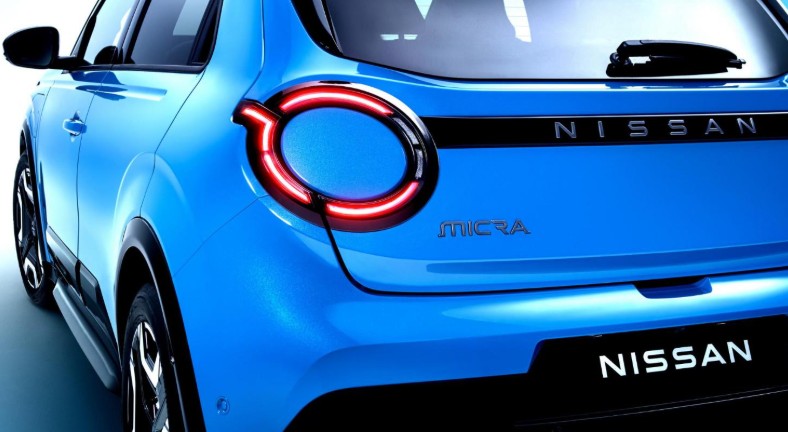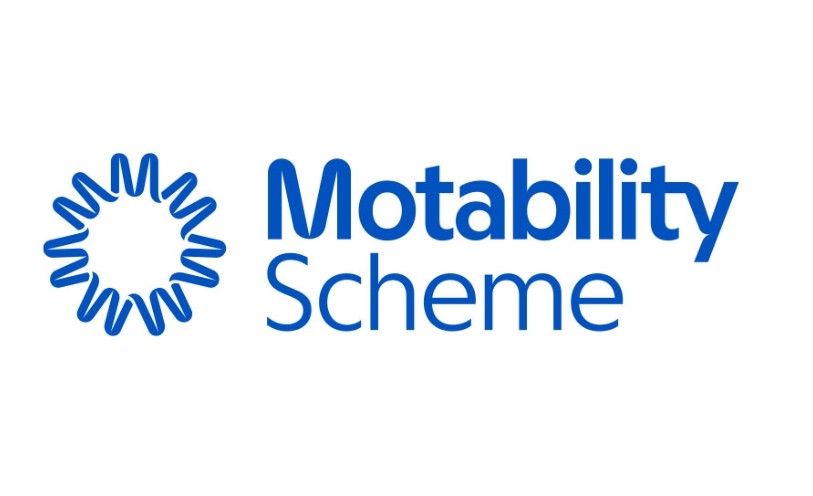The Motability scheme, a lifeline for hundreds of thousands of impaired drivers across the UK, is set for major changes as ultra-expensive auto brands including BMW and Mercedes-Benz are removed from its vehicle list.
This shift, aimed at directing investment toward British-erected Motability buses and strengthening the domestic automotive industry, has a long- term thing of ensuring that half of all Motability vehicles are UK-made by 2035.
Chancellor Rachel Reeves set out the strategy, saying the renewed focus on home-grown manufacturing could support thousands of professed jobs, a timely boost ahead of her forthcoming Budget.
For decades, Motability has helped impaired motorists access affordable motability vehicles through subsidised leasing, frequently with essential availability accommodations included.
The announcement follows a period where motability support has been under closer scrutiny, echoing themes raised that highlight how benefit changes continue to influence the scheme.
While luxury brands make up only around 5 of the line, roughly 40,000 of the 800,000 buses presently leased, their junking marks a strategic shift rather than an ornamental bone.
Still, the advertisement comes at a delicate moment. The Treasury has been reviewing duty arrangements linked to Motability, and Reeves has suggested that changes to Handbasket and insurance decoration duty immunity for impaired druggies may still be on the table.
Disability Rights UK has raised serious concerns that adding Handbasket could dramatically increase costs for people, potentially reducing their independence.
Motability Operations declined to comment on the duty issue, but stressed that stepping down from ultra-expensive brands will help direct coffers on value- for- plutocrat accessible vehicles that meet the practical requirements of impaired motorists.
Backing British-Built Motability Vehicles
The decision to expand the availability of UK-manufactured Motability cars is expected to benefit key factories, including Nissan’s Sunderland plant and Toyota’s Burnaston operations.

Even BMW’s Mini plant in Oxford may find fresh motivation to scale up planned electric vehicle production.
Motability Operations says the move is part of a long- term trouble to fit confidence and stability into Britain’s automotive sector.
With around 300,000 vehicles leased every year, the plan to lease 150,000 UK-erected buses annually by 2035 represents a huge step forward from the 22,000 sourced last time.
This shift could help revive an industry that has plodded with plant closures and falling product sales. A recent cyber-attack affecting Jaguar Land Rover has added further pressure, with public auto sales anticipated to fall below 700,000 vehicles in 2024.
How These Changes Could Affect Today’s Motability Car Users?
Andrew Miller, CEO of Motability Operations, said the scheme’s commitment to buying UK-made cars is “a serious step towards revitalising British car manufacturing” and will benefit both disabled users and the wider economy.
Manufacturers have reacted positively. Nissan has hinted it could potentially double the number of UK-built cars it supplies to the scheme.
James Taylor, Managing Director of Nissan GB, praised Motability’s role in supporting independence for disabled people and expressed enthusiasm for working closely with the organisation to meet the new targets.
Looking ahead, the Motability scheme appears set to play an even bigger part in shaping the future of the UK car market, not only by supporting motability for disabled drivers but also by helping to rebuild confidence in British manufacturing.






